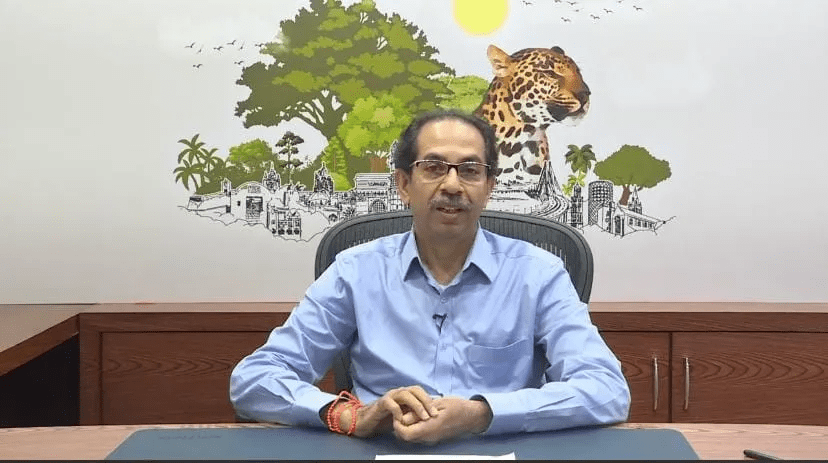Globally temperatures are rising and health is one of the most vulnerable to the current climate crisis. A study published on One Earth journal links billions of repeated sleep measures from sleep-tracking wristbands from 68 nations, totaling over 7 million sleep recordings (n = 47,628), to local daily weather data. The variables taken into account were individual, seasonal, and time-varying confounders which were controlled for, higher temperature shortens sleep predominantly through the delayed start, increasing the likelihood of inadequate sleep or sleep loss. The report claimed that the temperature effects on sleep loss are significantly more significant among low-income and older persons, and females are more affected than males. The report also suggests that those in hotter places lose more sleep per degree of heat, indicating inadequate adaptability. Suboptimal temperatures might rob 50–58 hours of sleep per person in a year by 2099 because of global warming.
It is becoming increasingly important to measure the effects of climate change on populations as well as the success of mitigation and adaptation methods. Despite increased interest in the health implications of climate change, little attention has been paid to the link between mental health and climate change in study or policy. Climate change’s effects on health will touch most populations in the next decades, putting billions of people’s lives and well-being at danger. The Earth’s average surface temperature rises are projected to exceed the safe threshold of 2°C over preindustrial levels this century. Higher latitudes will see more warming, with medium-risk scenarios expecting 2–3°C hikes by 2090 and 4–5°C rises in northern Canada, Greenland, and Siberia.
Climate change health implications will need involvement from all levels of government and civil society, collaboration across many academic fields to fight climate change and come up with an effective yet practical solution for coming generations. Local communities must be involved in monitoring, debating, campaigning, and aiding with the adaptation process. A multidisciplinary and integrated strategy needs to be implied to reduce the negative health impacts from climate change . To begin, measures must be implemented to minimise carbon emissions and promote carbon biosequestration, slowing global warming and eventually stabilising temperatures. Second, action should be conducted in response to the events that relate climate change to illness. Third, proper public health mechanisms should be established to cope with unfavourable events. These steps must be taken by the international community to fight serious issues like climate change, as sleep is a human necessity and anything that hampers it will affect human wellbeing in the long run.
References
- Bellamy, Richard, & Costello, Anthony. (n.d.). Managing the health effects of climate change – the lancet. PDF [5 MB] Figures Save Share Reprints Request Managing the health effects of climate change. Retrieved June 9, 2022, from https://www.thelancet.com/journals/lancet/article/PIIS0140-6736%2809%2960935-1/fulltext
- Minor, K., Lehmann, S., & Obradovich, N. (n.d.). Rising temperatures erode human sleep globally. Retrieved from https://www.cell.com/one-earth/fulltext/S2590-3322(22)00209-3


















